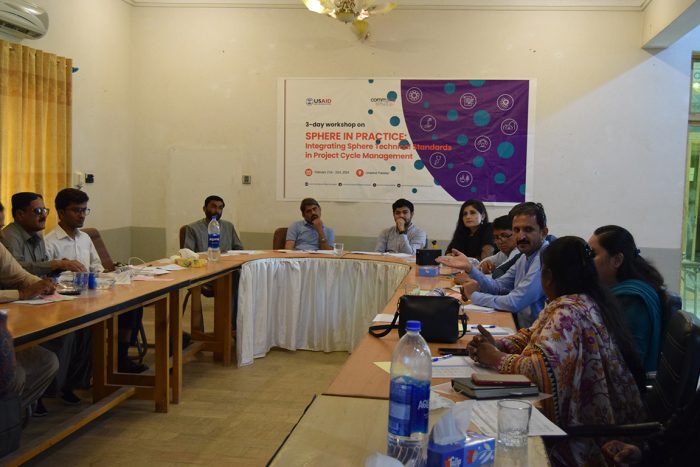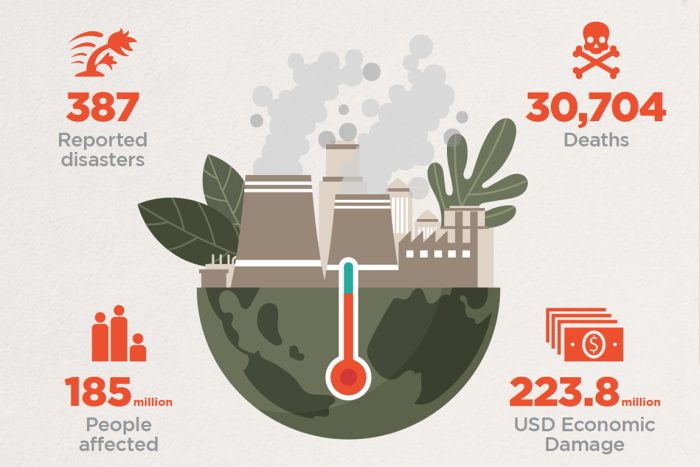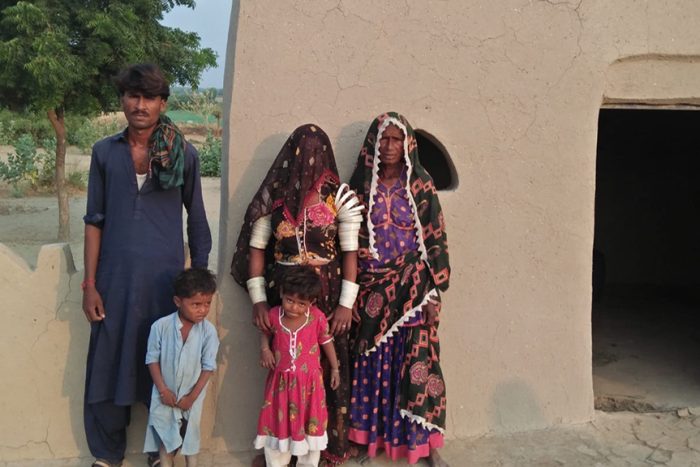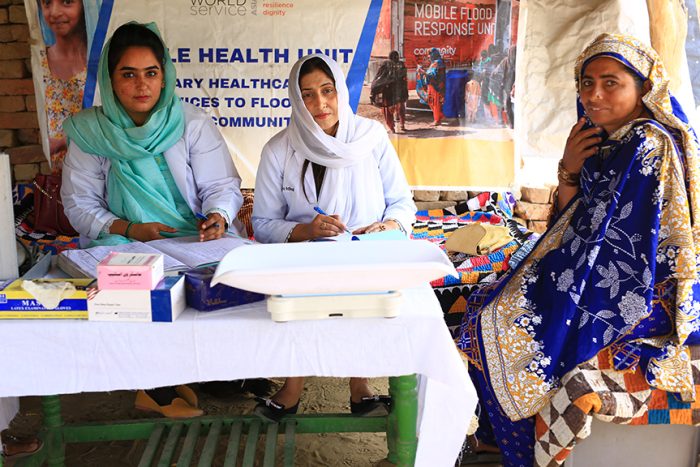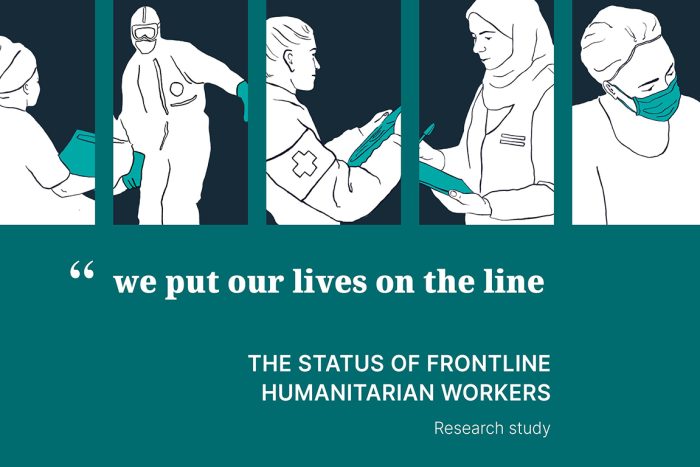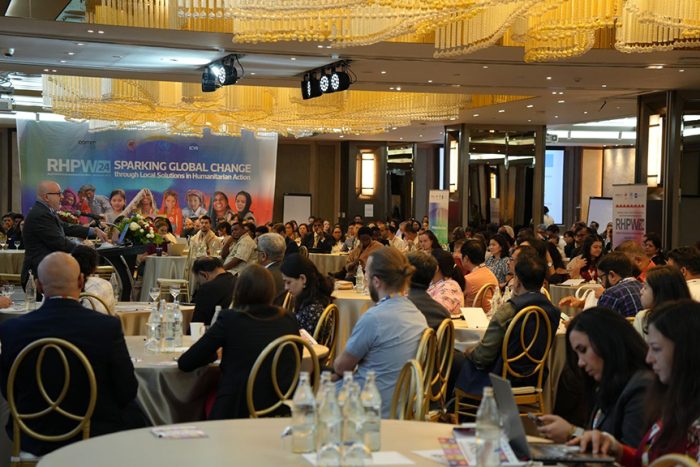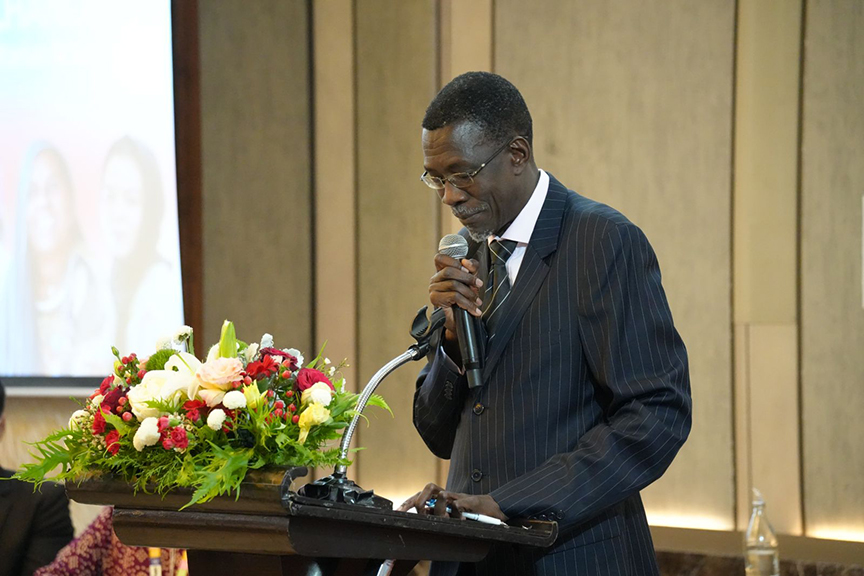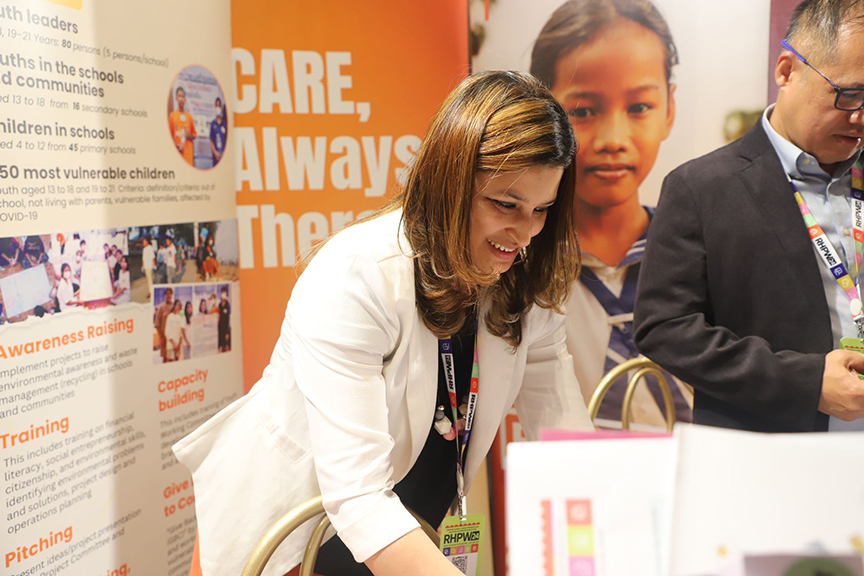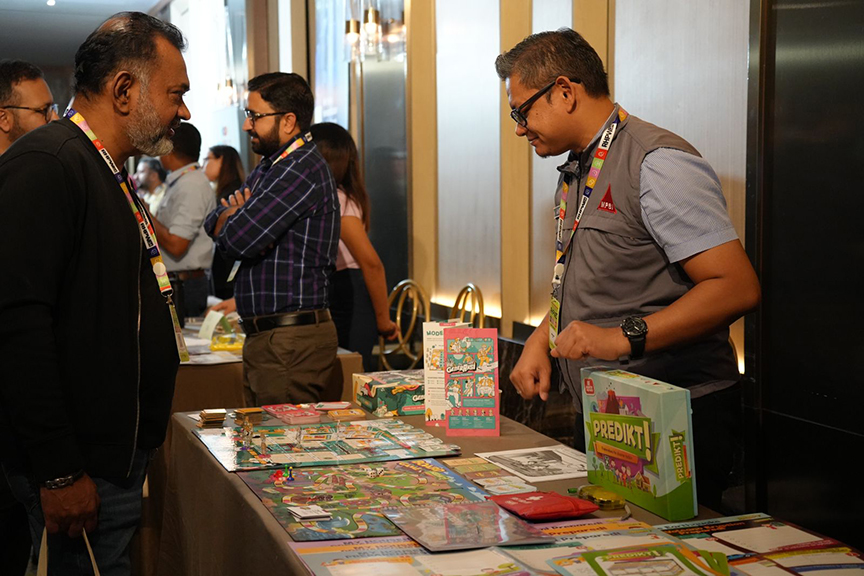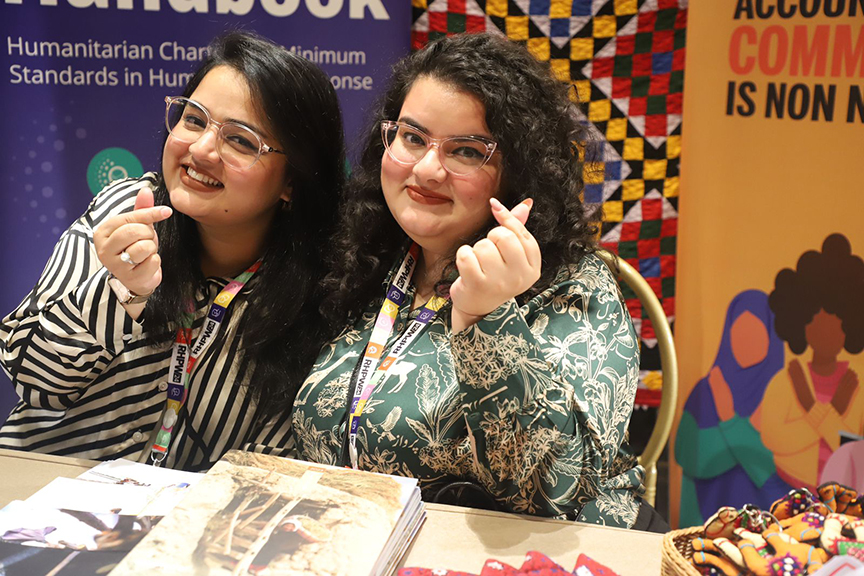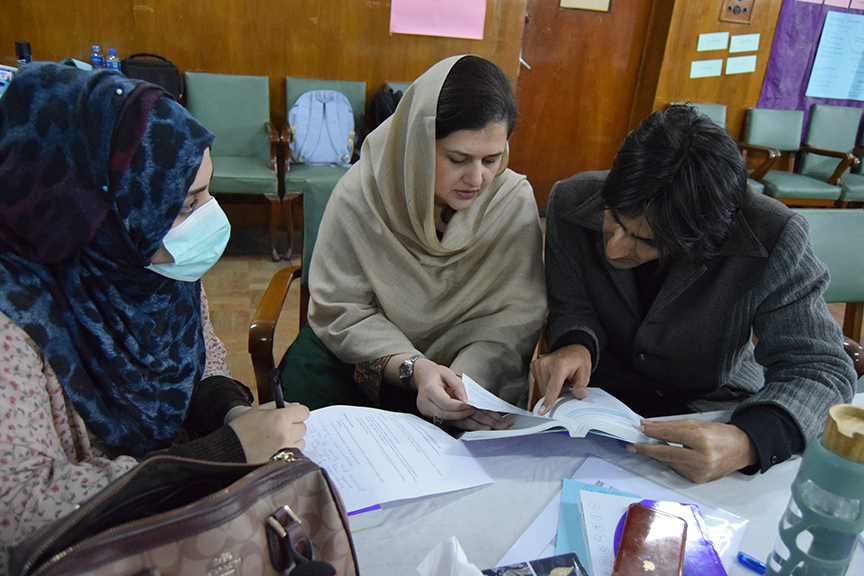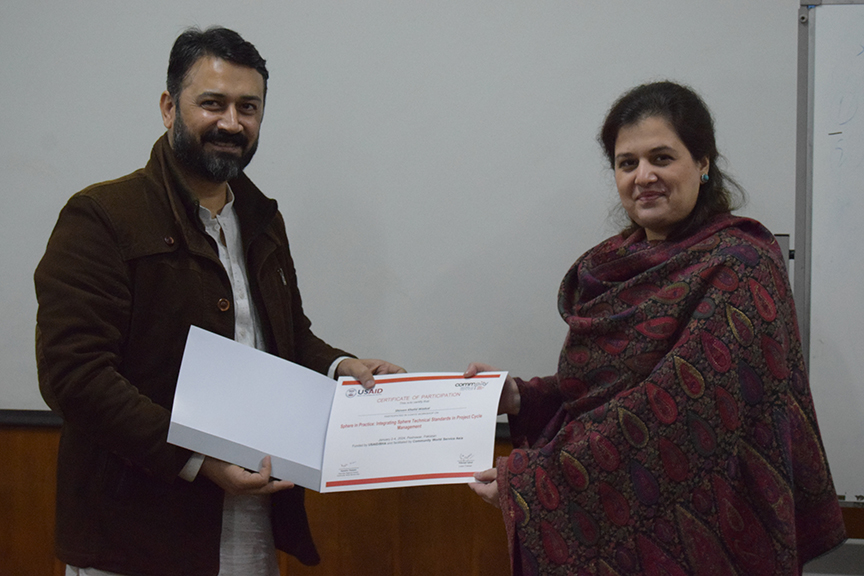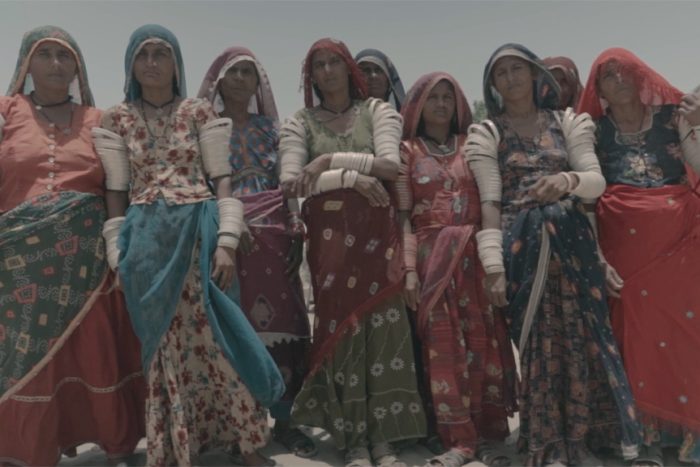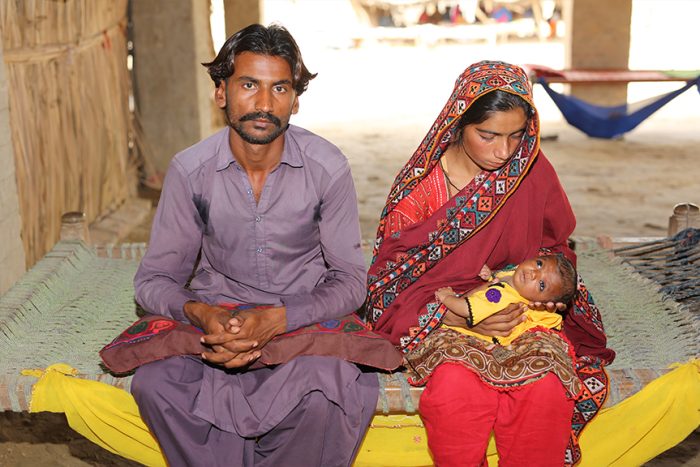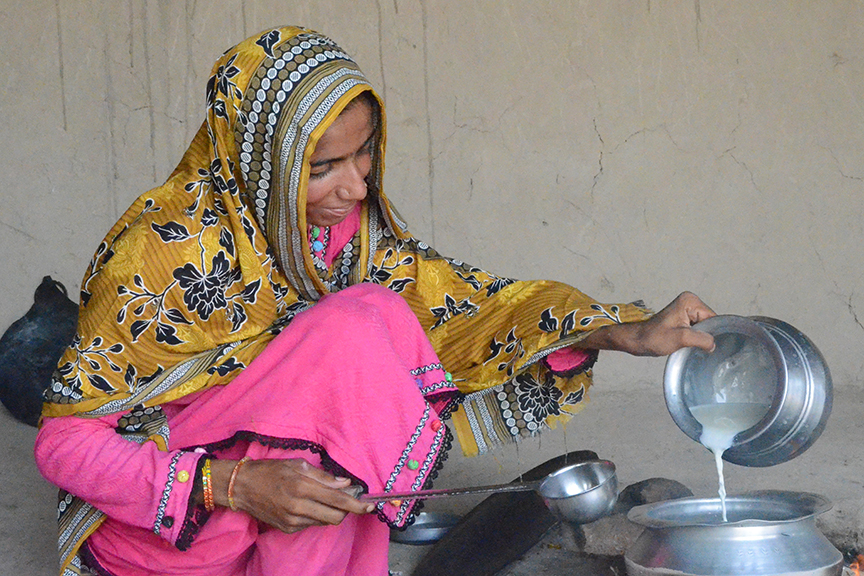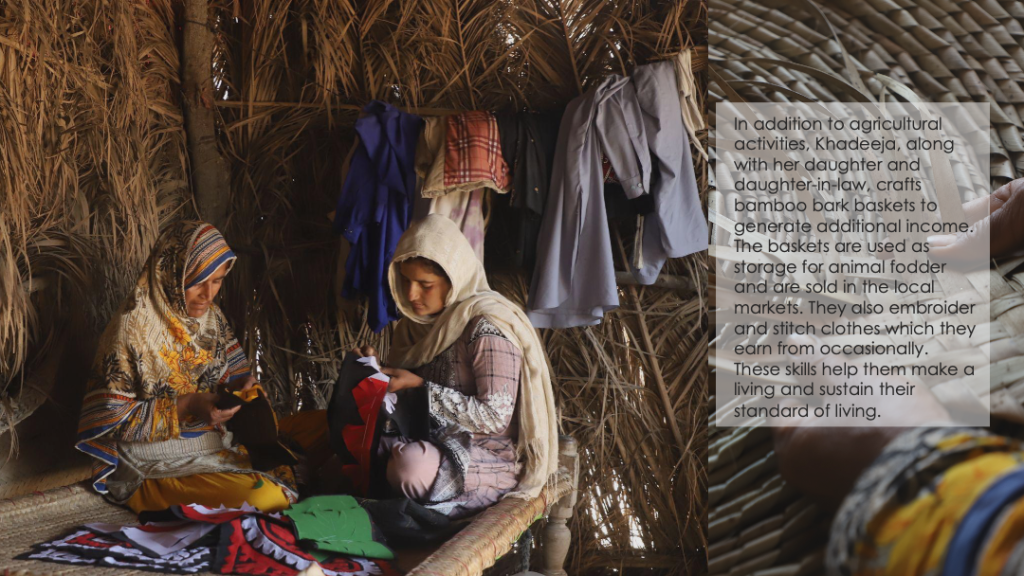Quality and Accountability in humanitarian work are essential to ensure that aid effectively supports and empowers the communities it is intended to help. Community World Service Asia (CWSA) provides technical support and guidance to local humanitarian agencies in Pakistan, Afghanistan, and across the Asia-Pacific region to enhance quality and accountability by applying the Sphere Minimum Standards.
In partnership with Concern Worldwide, CWSA conducted a three-day workshop from 21 to 23 February 2024, in Umerkot, Sindh, titled “Integrating Sphere Technical Standards in Project Cycle Management”. Eighteen participants enrolled in the workshop, including 12 men and six women. The training focused on enhancing participants’ understanding and skills in applying the Sphere Minimum Standards throughout different Project Cycle Management (PCM) stages. It aimed to explain the philosophy and approach of Sphere and guide participants in navigating the Sphere handbook to help them integrate the standards into the humanitarian project cycle more effectively.
Local and national humanitarian practitioners were equipped with the technical, management, and programmatic skills required to enhance the quality of their internal operations and improve their effectiveness in disaster preparedness and response through the three days. Participants gained a thorough understanding of Sphere’s core principles and learned how to apply the standards across key themes such as water and sanitation, health, shelter, and nutrition. They also worked towards developing skills in needs assessment, response planning, and program implementation following Sphere guidelines.
“As humanitarian workers and development practitioners, we are all familiar with the various stages of project management. However, this training was especially valuable for understanding the practical application of Sphere standards during the project design and implementation stages,” said Harris Najeeb[1], Manager of Networking and Partnerships at ARTS Foundation, who participated in the training.
ARTS Foundation is a non-profit, indigenous civil society organisation based in Sindh. It focuses on capacity development, action research, policy advocacy, and humanitarian response. The foundation’s current projects are centered on flood recovery and response, particularly on Water, Sanitation, and Hygiene (WASH).
“The Sphere technical standards of WASH & Hygiene, have been particularly informative for me. After the training, I conducted a session on WASH technical standards, for my team of community mobilisers & hygiene promoters. We are now referring to the Water Supply Standard 2.1 (Access and Water Quantity), Excreta Management Standard 3.2 (Access to and use of toilets) and Hygiene Promotion Standard 1.2 (Identification, access to and use of hygiene items). Our teams are using these indicators while designing toilets for communities.”
Harris has also helped his team update the organisation’s Safe Programming Matrix document, incorporating protection principles, gender sensitivity, operational context, and environmental impact, all in line with Sphere guidelines.
Although ARTS Foundation has not yet initiated the Sphere or Core Humanitarian Standards (CHS) accreditation process, they are keen to build their staff’s capacity on Sphere standards and integrate the Sphere approach into their grassroots community work.
Furthermore, participants acquired an understanding of accountability mechanisms, such as feedback and complaint systems, to promote transparency and community involvement. They also learned strategies to enhance coordination and collaboration with other humanitarian actors, thereby improving the overall effectiveness of emergency response efforts.
CWSA remains committed to supporting local NGOs and civil society in strengthening their knowledge and capacity on Sphere, to enhance the overall effectiveness of humanitarian and development responses.
[1] Interviewee: Engineer Haris Najeeb, Advocacy, Research, Training and Services (ARTS) Foundation, Sindh, artsf.haris@gmail,com, (03343317352)





